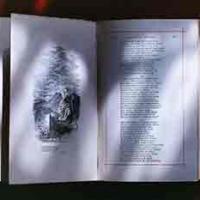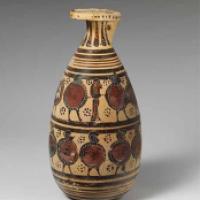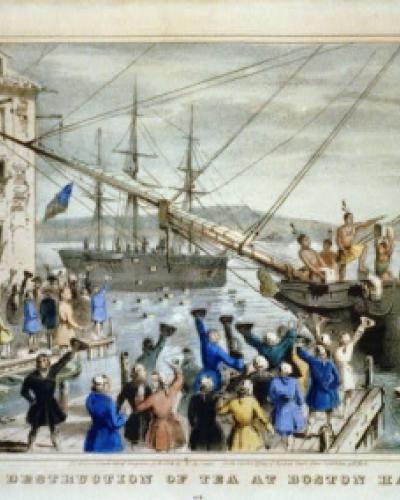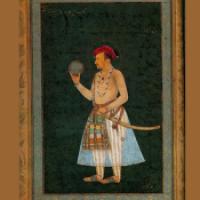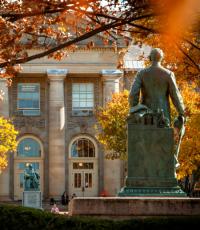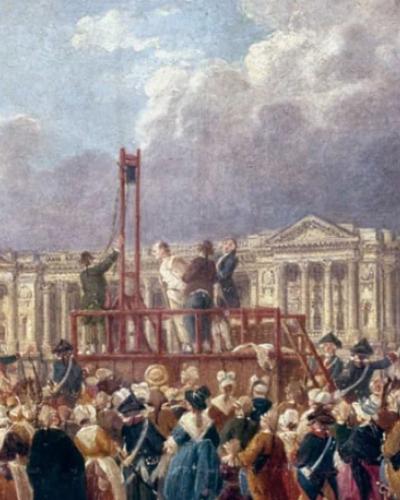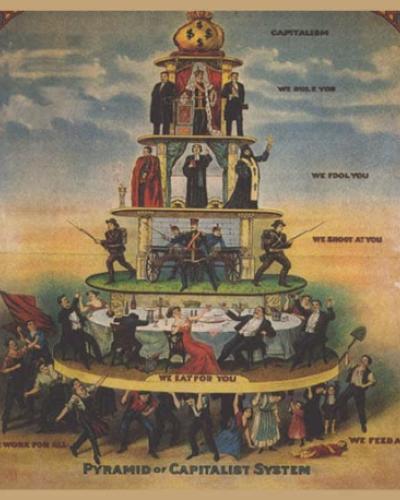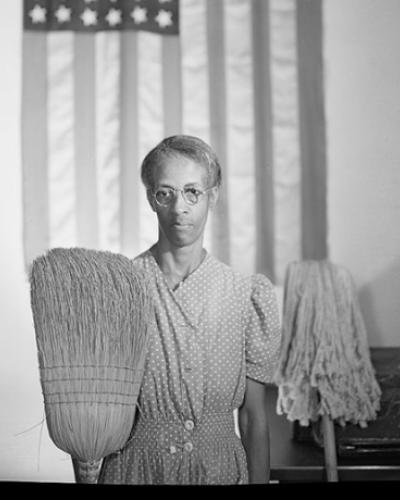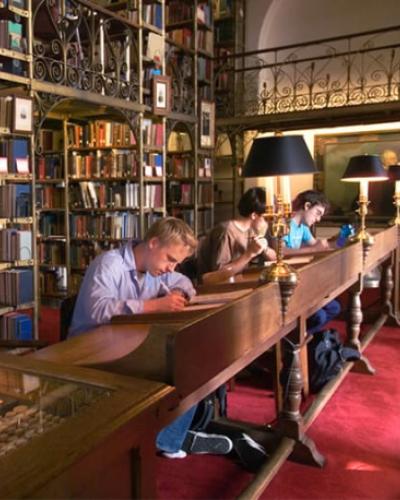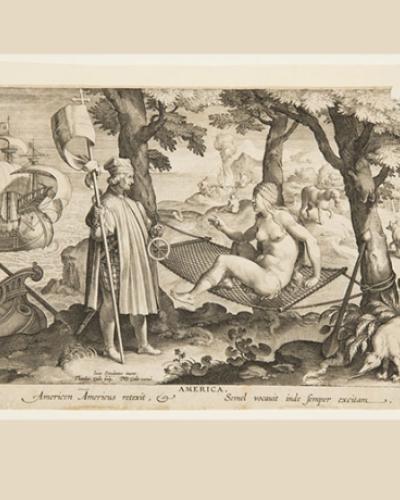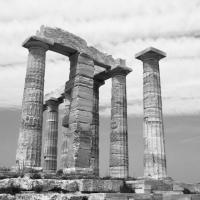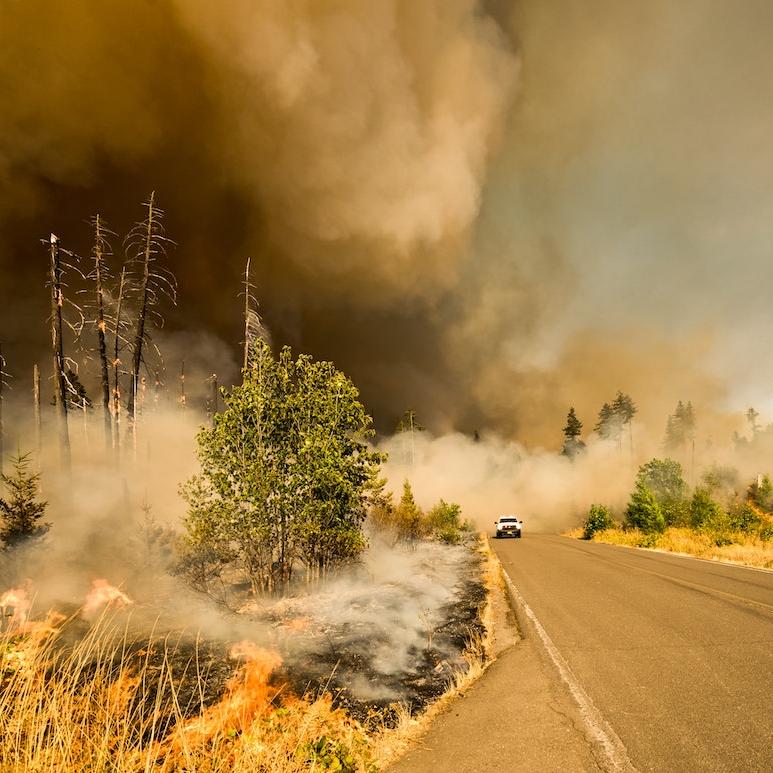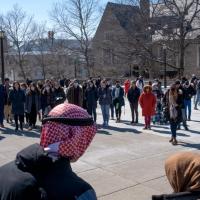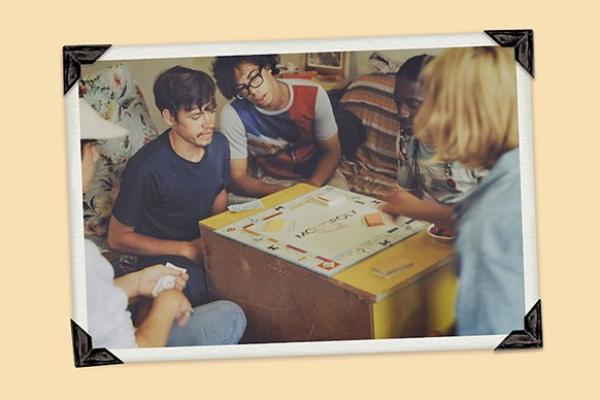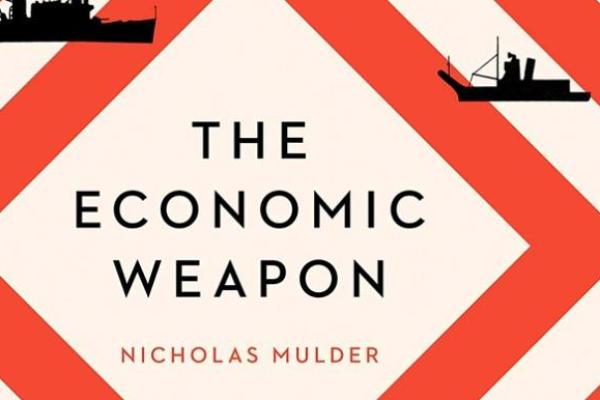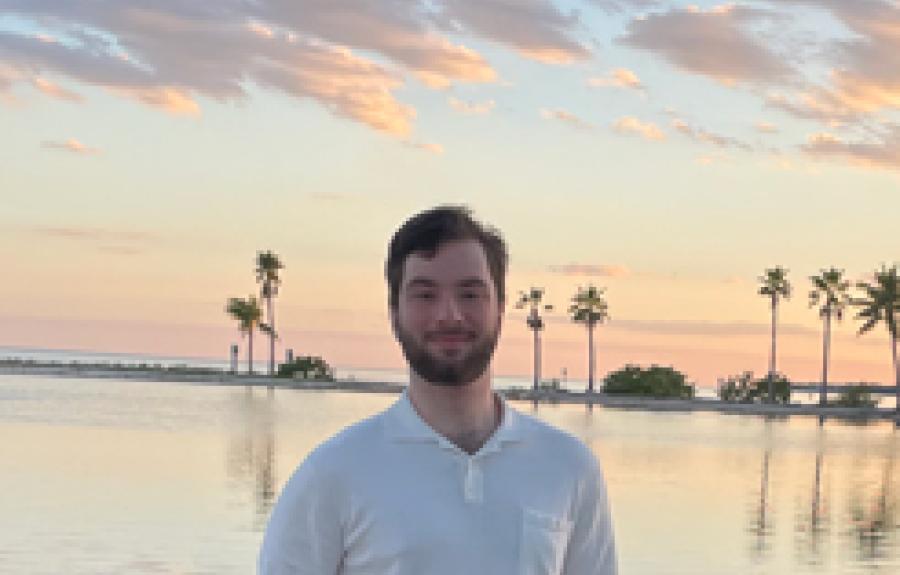HIST 2860 The French Revolution (also FREN 2860) (HB) (HST-AS, SCD-AS) (HPE, HEU)Tuesday and Thursday: 1:25-2:40 plus discussionProfessor Paul FriedlandThe French Revolution was one of the most dramatic upheavals in history, sweeping away centuries of tradition and ushering in the political and cultural modernity we arguably still live in today. Although often remembered for mass executions by guillotine and the rise of Napoleon, it was much more. Between 1789 and 1815, the French people experimented with virtually every form of government known to the modern world: absolutist monarchy, constitutional monarchy, representative democracy, radical left-wing republicanism, oligarchy, and right-wing autocracy. This course explores the rapidly changing political and social landscape of this extraordinary period, the evolution of political culture (the arts, theater, songs, fashion, the cult of the guillotine), and shifting attitudes towards gender, race, and slavery.
